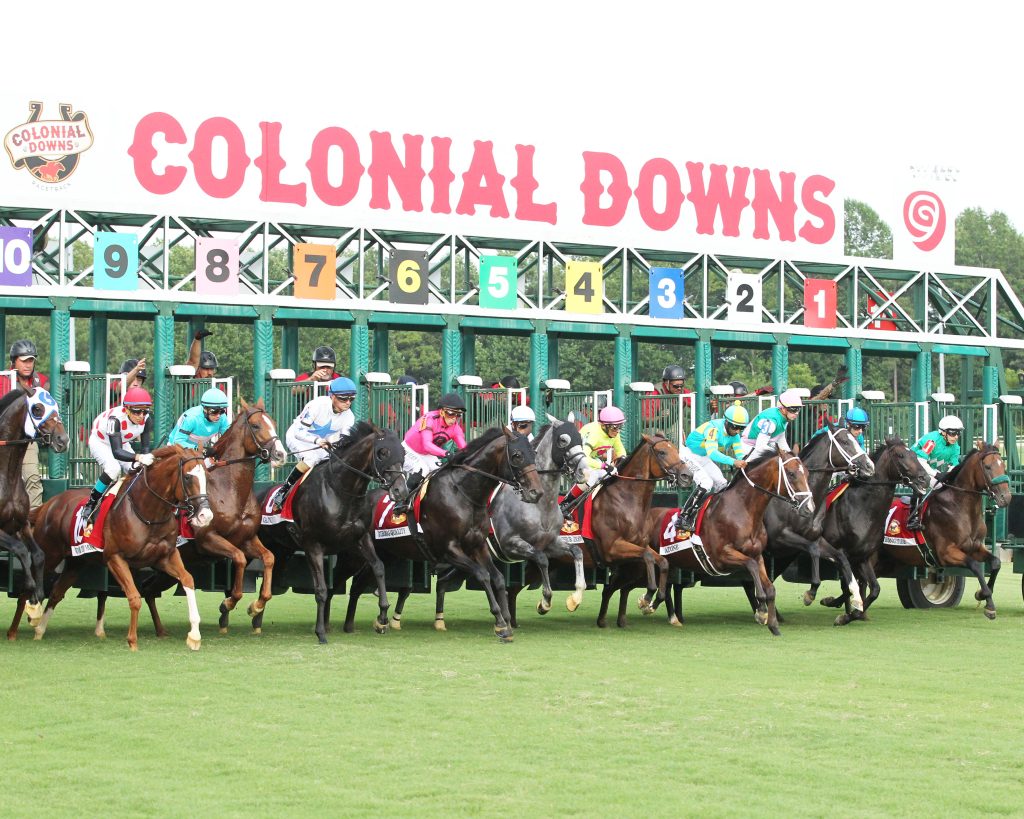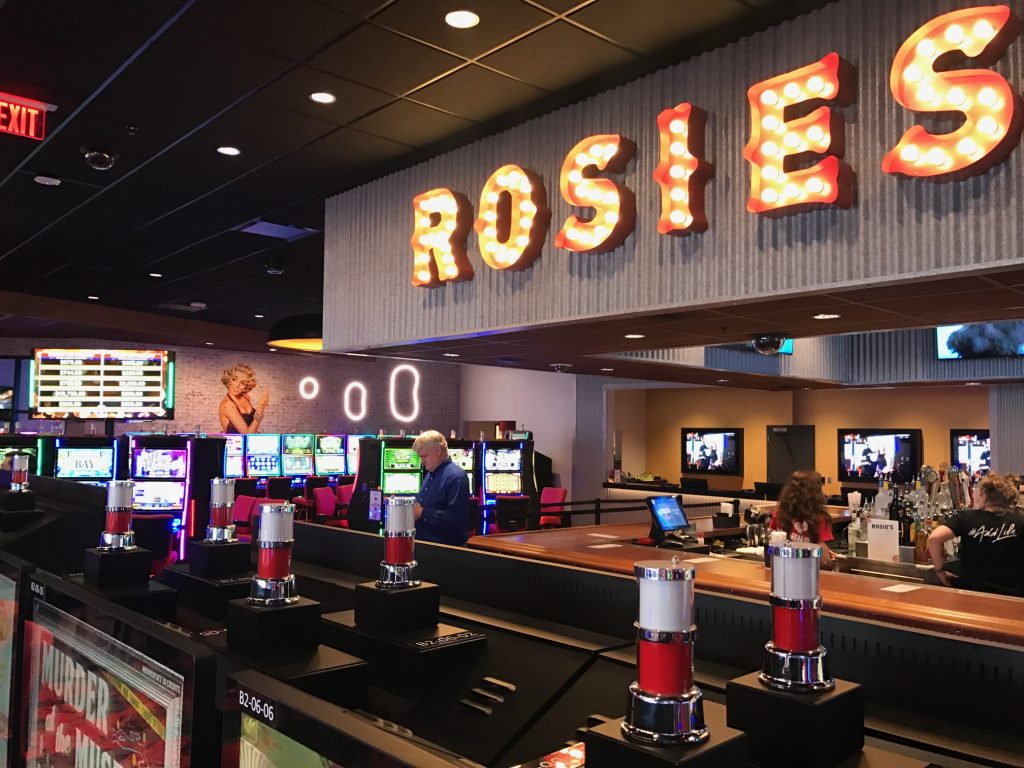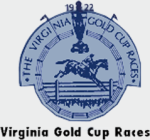Virginia is home to celebrated horses Sir Archy and Secretariat who were born here 165 years apart and are revered by generations of enthusiasts. One was born in 1805 and is considered the father of American Thoroughbreds. The other was born in 1970 and is considered one of the greatest racehorses ever. A spectacular bronze statue of Secretariat will be permanently based in Ashland, VA with a formal dedication ceremony set for March 30.
Since 2019, thoroughbred race dates at Colonial Downs in New Kent have increased from 15 to 27 — and will increase substantially to 44 in 2025. Harness racing dates at Shenandoah Downs in Woodstock, VA. have more than doubled – from 14 in 2019 to 28 this year. Steeplechase and Point-to-Point racing continues to thrive at venues in Central and Northern Virginia during spring and fall months.

The Colonial Downs’ buildout of their Rosie’s Gaming Emporiums has mushroomed too since the study was conducted. There are currently seven Rosie’s sites open –- in New Kent, Richmond, Hampton, Vinton, Collinsville, Emporia and Dumfries. Two Off Track Betting Centers in Henrico and Chesapeake are in operation as well. To date, more than $500 million has been invested in the Commonwealth to develop these venues and in September, Colonial will open The Rose in Dumfries, a $400 million gaming resort projected to create 500 jobs and generate $35.5 million in annual tax revenue. In total, Colonial’s facilities employ more than 1,100 people and generate $54 million in state and local taxes.

The growth has also extended to farms and the number of racehorses residing in Virginia. The Virginia Thoroughbred Association’s (VTA) Certified Residency program attracts some 700 young horses a year to participating Commonwealth farms and training centers located around the state. Those colts and filles, most of which are bred out-of-state, must spend a minimum of six months in Virginia before their racing careers begin in order to become eligible for Certified bonus monies. Since 2017, a total of 5,031 horses have participated in the program, providing an $86.2 million economic benefit to the Commonwealth.



